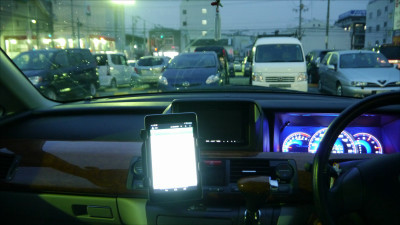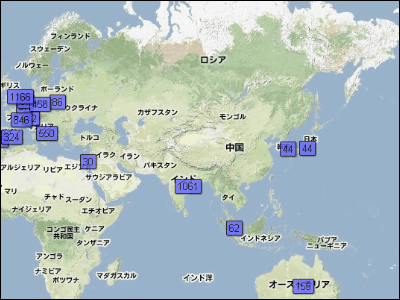Why Google Maps doesn't work well in Korea

In South Korea, the problem of being unable to use Google Maps' walking route guidance and other features continues even in 2025, causing inconvenience to many tourists. For many years, this issue has been attributed to the South Korean government's restrictions on taking high-precision map data out of the country for national security reasons, but a new point of contention has emerged regarding the appropriateness of Google's commercial use of public data maintained with tax money without fulfilling the same obligations as domestic companies.
Why Google Maps is still broken in South Korea: It might not be about national security anymore - The Korea Herald
For many years, the South Korean government has strictly restricted the export of its precise map data, citing national security reasons, particularly to prevent its use by hostile forces like North Korea. This has been cited as the main official reason why Google Maps cannot provide detailed navigation features such as walking directions or car navigation in South Korea.
Google has offered to compromise by blurring sensitive facilities designated by the government on its maps, but there is also a legal dilemma: compiling and providing a list of such facilities in the first place could violate South Korea's military-related laws.
However, in 2025, experts point out that high-resolution commercial satellite imagery is already easily available from private companies, making the strategic significance of keeping map data secret less clear.

Google is seeking permission to use a 1:5000 scale high-precision digital base map managed by Korea's National Geographic Information Service (NGII) as essential data for providing its services. This map data includes detailed information such as sidewalks, crosswalks, and building shapes, and Google claims that by transferring this data to its own global servers and processing it with AI and other technologies, it can provide highly accurate navigation functions.
However, some experts believe that Google's vast satellite imagery and advanced AI technology could allow it to build its own map layers for navigation without relying on the NGII basemap. In fact, Apple Maps and the open source OpenStreetMap provide some level of pedestrian navigation functionality in South Korea without accessing the NGII dataset.

For this reason, some have suggested that Google's insistence on using NGII data is not necessarily a technical requirement, but rather a pursuit of 'convenience' - avoiding the time- and money-consuming hassle of developing its own data, using high-quality data maintained with taxpayer money for free or at low cost, and quickly monetizing it through advertising and API licenses.
Furthermore, at the root of the problem lie concerns over data sovereignty and the impact on domestic industry. The Korean government and some experts are said to have a psychological resistance to entrusting map data, which is an important digital infrastructure of the country, to a foreign company's server, and are worried that the country's control will be lost. There is strong concern that Google is trying to incorporate map data, which can be considered public property, into its global business without being obligated to store data in Korea, without paying the same tax burden as domestic companies, and without sufficient supervision by the Korean government.

By Wayan Vota
The domestic location information service market in South Korea is worth over 11 trillion won (approximately 1.16 trillion yen), with the majority of it being made up of domestic small and medium-sized enterprises. When using public map data, these companies comply with conditions such as storing data domestically, paying taxes, and investing in their own additional research and development. If Google were allowed to freely use the data without these conditions, domestic companies would be forced into a severely disadvantaged competitive situation, and Google could dominate the market. In that case, there is a risk that in the long term, Google's API usage fees could increase, leading to an over-dependence of South Korean companies and consumers on Google's platform.
The issue of Google Maps not being available in South Korea is complicated by a number of factors and is not easy to resolve. The South Korean government wants to maintain control over the country's map infrastructure, and Google wants to roll out its services efficiently and without incurring costs. And while tourists are inconvenienced, it's not a compelling reason to cancel visits to South Korea, so there is little urgency for any of the parties involved to resolve the issue, and the situation has remained stalemated for many years.
Related Posts:
in Web Service, Posted by log1i_yk







